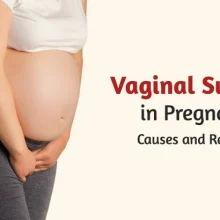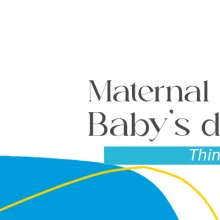Managing the Challenges of Breastfeeding through Pregnancy

Pregnancy doesn’t necessarily imply you should halt breastfeeding your child. While doctors used to assume that it could deprive the fetus of essential nutrients, this has been disproven. Yet, some individuals still cling to this belief and may even try to persuade you otherwise. Ultimately, the choice of whether or not to wean your toddler rests with you, and you shouldn’t allow others to make that decision on your behalf.
The Decision to Stop Breastfeeding During Pregnancy: Factors to Consider
There are several reasons why you might consider stopping breastfeeding. One of these is feeling consistently exhausted or depleted of energy. Additionally, if your child has begun to bite during feedings, this may be another sign that it’s time to wean. Sometimes, your milk supply may naturally decrease, indicating that it’s time for a break. In some cases, mastitis can also be a factor that necessitates an immediate stop to breastfeeding. Mastitis is a condition where the breast becomes infected due to inadequate milk expression, leading to engorgement.
Breastfeeding During Pregnancy: Making the Choice to Stop or Wean

Deciding when to stop or wean breastfeeding during pregnancy can be a challenging decision to make. You may need to consider several factors, including your own energy levels and physical wellbeing, as well as your child’s needs and behavior. Some mothers may experience a natural decrease in milk supply, while others may need to stop immediately due to conditions like mastitis. It’s essential to listen to your body and seek guidance from a healthcare provider when making this decision. Proper preparation and support can also help to manage the transition effectively, both for you and your child.
Continuing to Breastfeed During Pregnancy: Benefits and Challenges

Deciding to continue breastfeeding while pregnant can be a personal choice, but it’s important to have a conversation with your doctor about it. Your doctor may not always agree with your decision, but it’s essential to listen carefully and find out if their concerns are related to your health or their own beliefs. If it’s the latter, you can always seek a second opinion. It’s important to have a support system during pregnancy, and finding a group of like-minded individuals can help you navigate this decision. Family and friends may offer unsolicited advice, but it’s important to remind them that this is your decision to make. Support groups like La Leche League can offer guidance and a community of people to connect with who are going through similar experiences.
If you ensure that you take proper care of your health and wellbeing, you can breastfeed safely during pregnancy.


